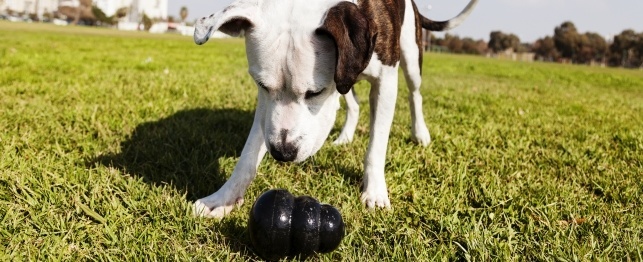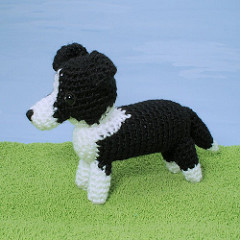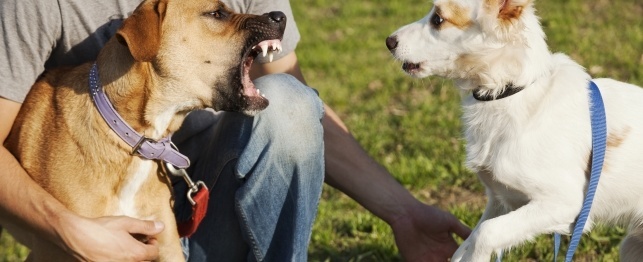The socialization period is the most suitable time for bonding between you and your dog. During a puppy’s socialization stage, it learns by experience and can easily learn to foster relationships with both humans and its fellow dogs. A puppy learns new behaviors during the socialization stage that helps it learn its master’s needs.
The first eight weeks of a puppy’s life is crucial because they are its formative years. Puppies that are cuddled and petted during the first eight weeks of their lives grow up psychologically and emotionally fine. Dogs that are problematic in nature most likely never had all the physical contact the needed in their early developmental stages.
Make sure that you get all the members of your household involved in the dog training session so that they too will be able to exercise some form of authority and control over your dog too. If you are the only person your dog listens to, when you are away, other people at home will not to be able to exert some form of control over it and that can cause problems.
You must let your dog know when it has exhibited an undesired behavior by giving it a no reward marker. A no reward marker basically communicates the fact to your dog that there isn’t going to be any reward for a particular action
Dogs are trained for all kinds of roles such a protection. Some dos are required to become guard dogs after their training because of their territorial instincts. Guard dogs In general are trained to take care of property and people.
Don’t attempt to buy toys that can be tugged for your dog. Buying a tug toy for your puppy will send across the wrong message that tugging all things is permissible. Nothing can be more embarrassing than a dog that tugs on the clothes of guests that drop by your house.
Dog training tools are at hand to make training your dog easier. Dog training tools include clickers, crates, leashes and collars. Each dog has a tool that it responds to more and it’s your duty to find out which.
If your dog training commands don’t seem to be having any effect on the behavior of your dog, don’t be quick to blame yourself. A dog may fail to respond to a string of commands because of physical or psychological disorders. Take your dog to see a dog behavioral analyst if your dog is acting out of order.

 The Dark Side of Dog Parks – Why Dog Parks May Not Be Your Dog’s Friend
The Dark Side of Dog Parks – Why Dog Parks Ma
The Dark Side of Dog Parks – Why Dog Parks May Not Be Your Dog’s Friend
The Dark Side of Dog Parks – Why Dog Parks Ma
 Commercial Brain Games Challenge Your Dog
Commercial Brain Games Challenge Your Dog
Commercial Brain Games Challenge Your Dog
Commercial Brain Games Challenge Your Dog
 Train Your Border Collie Dog With These Helpful Hints
The day your new puppy comes home with you will be filled
Train Your Border Collie Dog With These Helpful Hints
The day your new puppy comes home with you will be filled
 Dog Parks and Bites: What You Need to Know
Dog Parks and Bites: What You Need to Know
Dog Parks and Bites: What You Need to Know
Dog Parks and Bites: What You Need to Know
 How to Balance Your Pets Play and Relaxation
How to Balance Your Pets Play and Relaxation
How to Balance Your Pets Play and Relaxation
How to Balance Your Pets Play and Relaxation